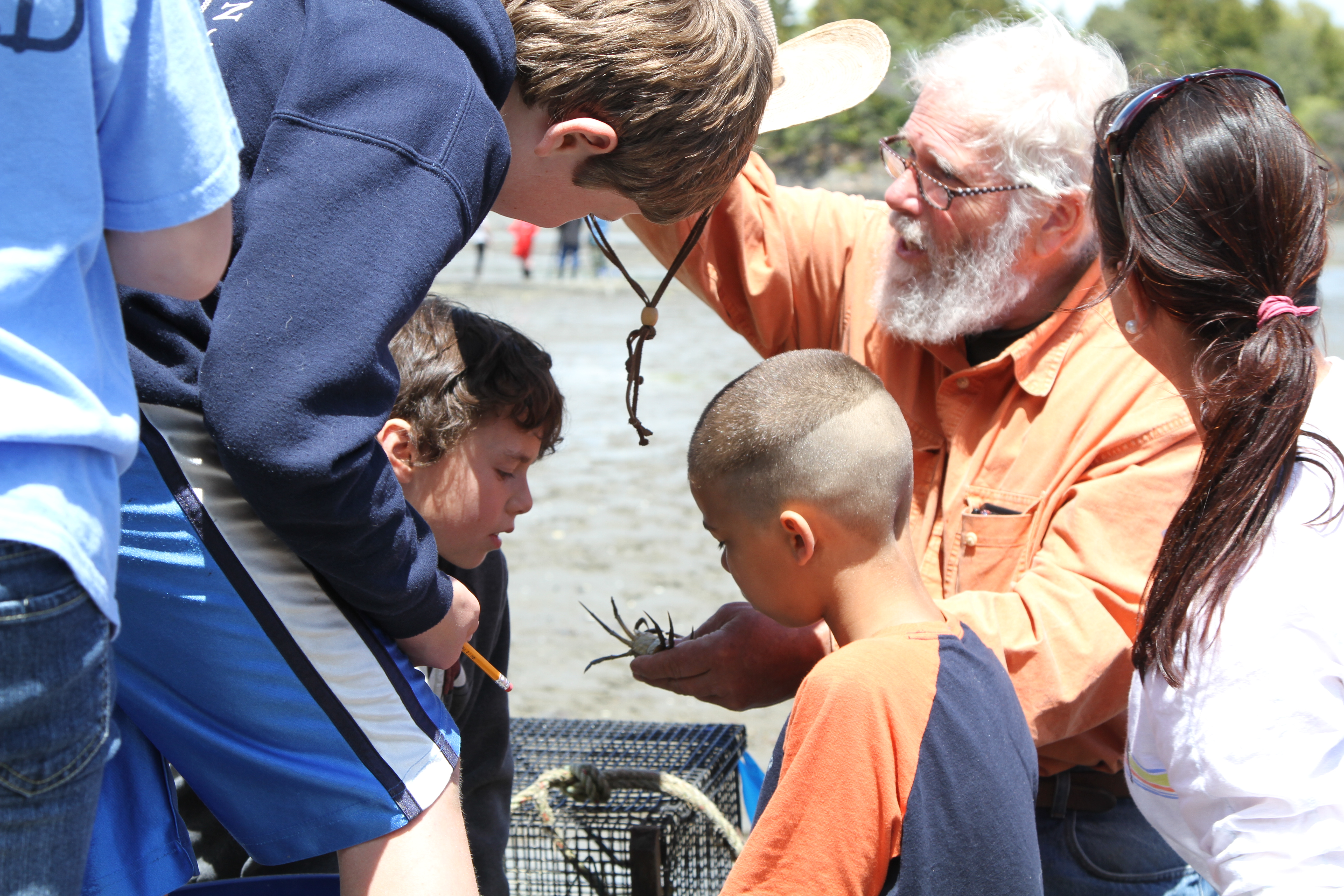Manomet intentionally crosses cultural and political barriers in our work for three reasons:
First, solving big complex societal problems, such as climate change, requires a force larger than just one political party or cultural group.
Second, problems are solved better and faster when viewpoint diversity is brought to bear on an issue. When we’re trying to restore a clam flat in Maine, we need the local knowledge and participation of the fishermen. To reduce greenhouse gas emissions from farms, we need the know-how of farmers. To keep our water and air clean in the face of a changing climate, we need the field experience of timber managers.
Third, lasting solutions to complex problems inevitably require balancing and integrating a diverse array of societal values—economic, social, and environmental. We solve problems faster, and for the long-term, if we integrate these diverse values at the start.
This is our theory of change. We create broad participation throughout society by building relationships of trust. We are trusted because we respect the many values that define our society. As a result, we gain viewpoint diversity. We build large networks of partners who become active participants in creating and leading change in their businesses, industries, classrooms, and communities. In turn, because they are trusted in their networks, they amplify Manomet’s impact.
This is how one organization has such a large impact on creating a more sustainable world.






